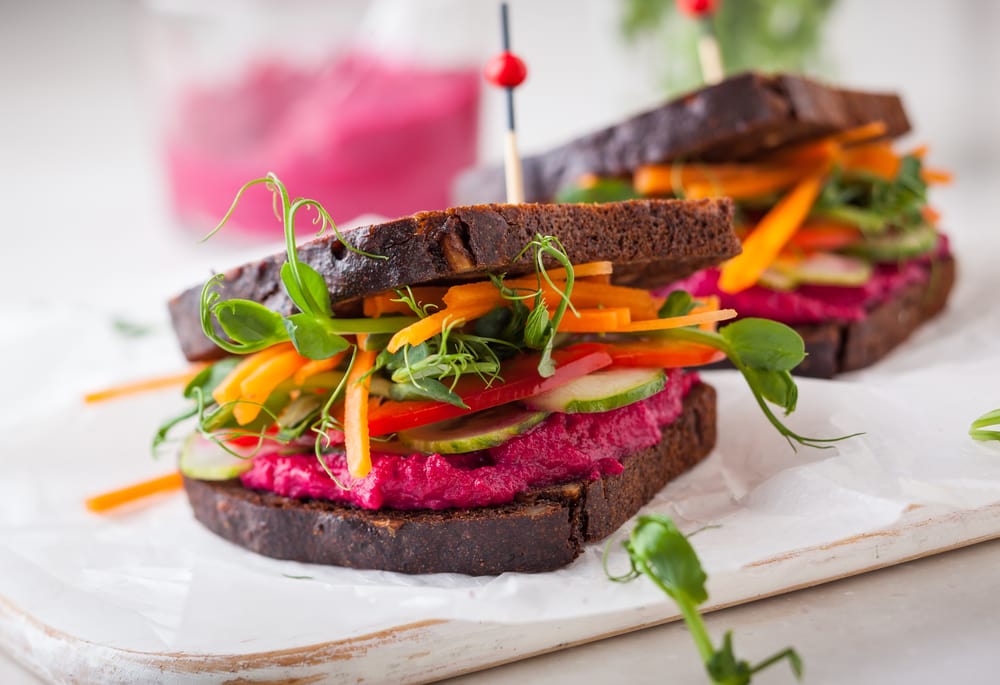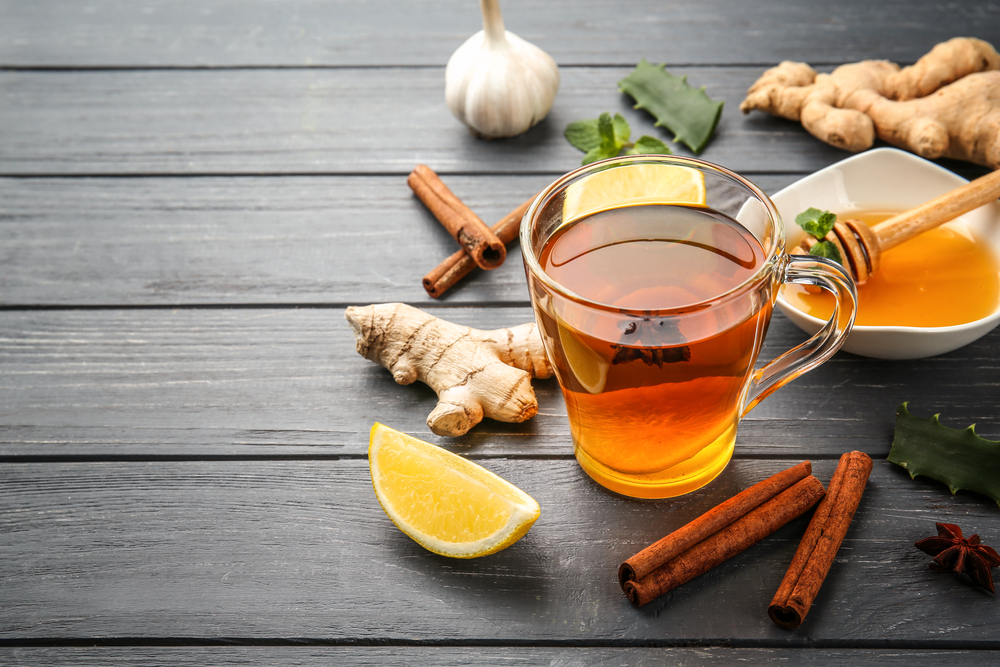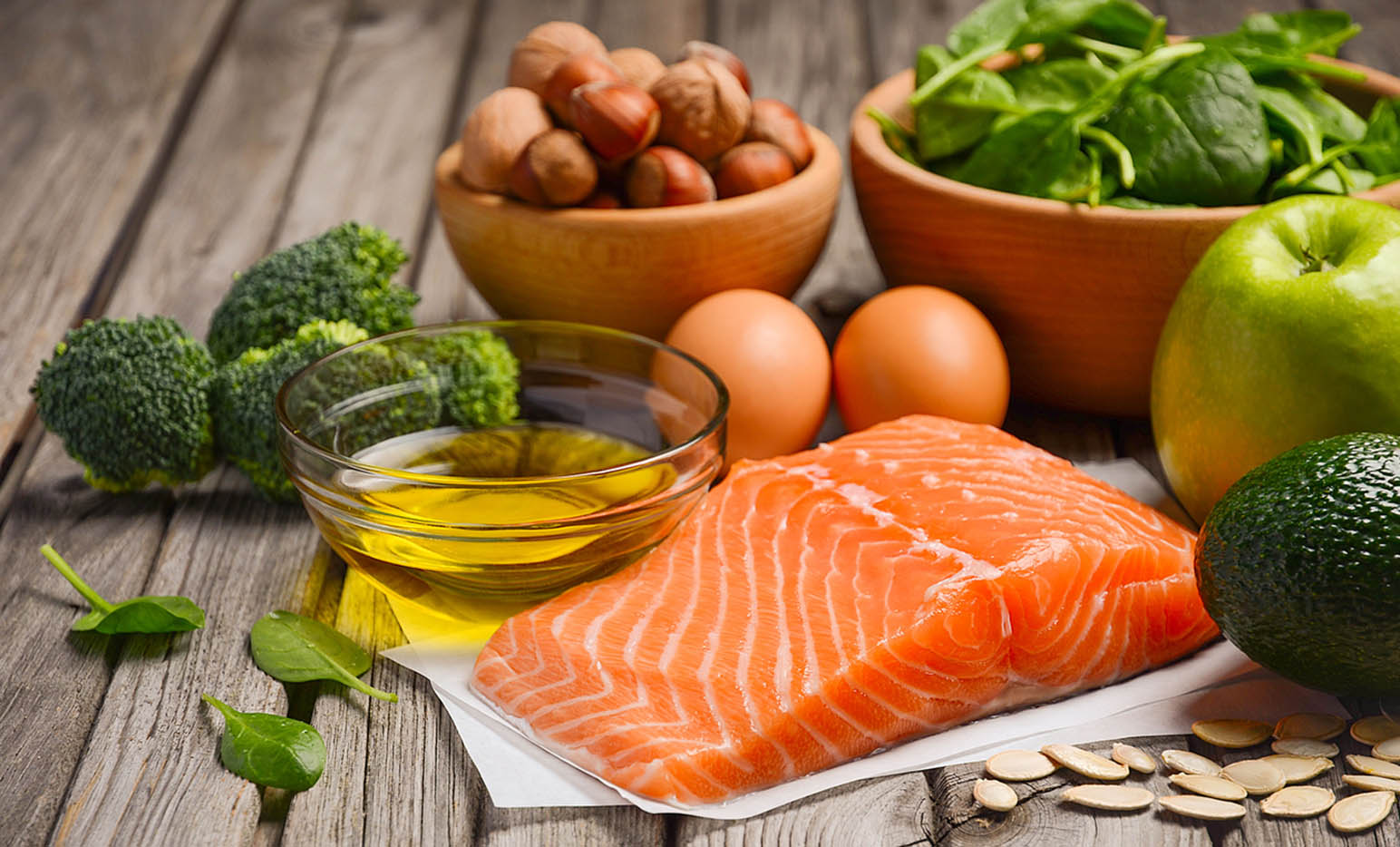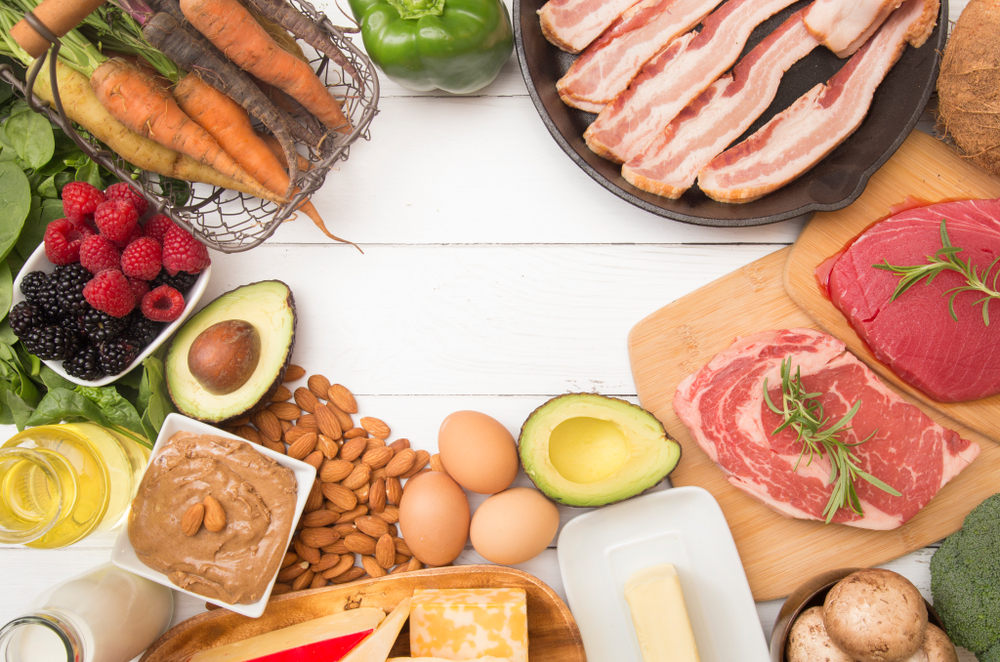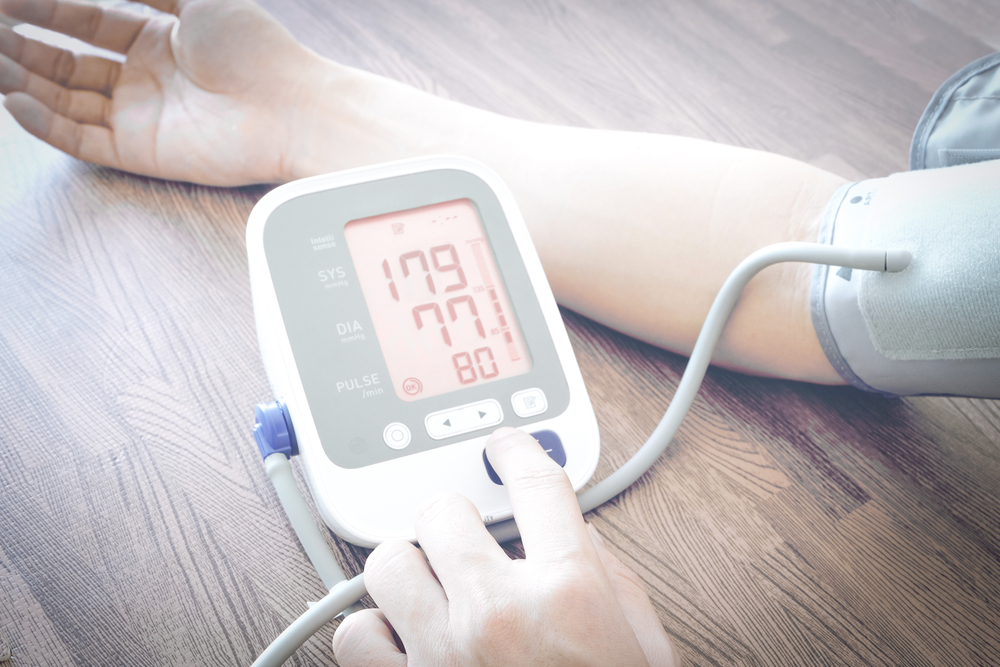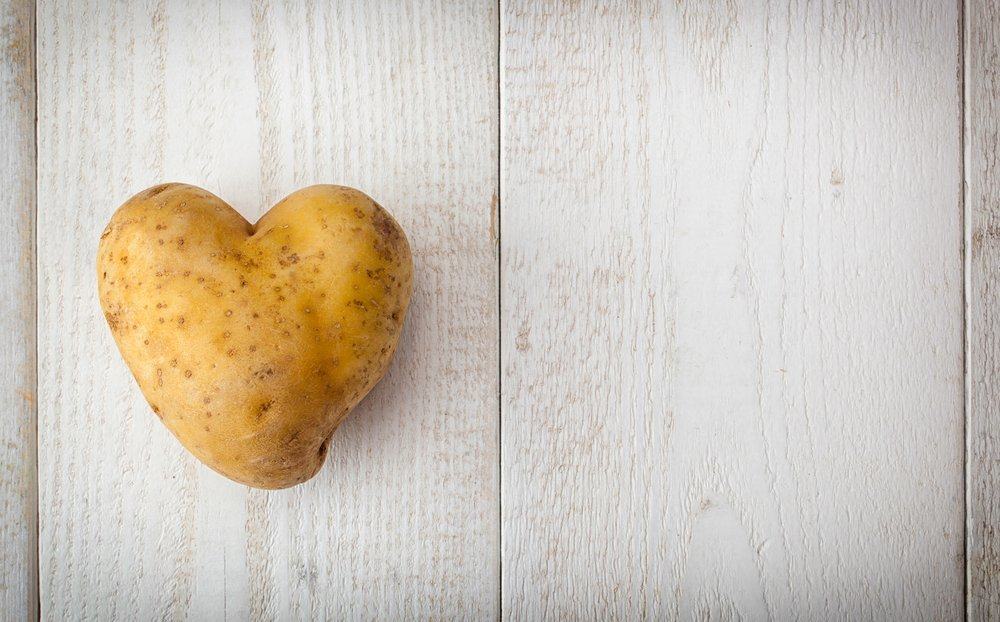Contents:
- Medical Video: How to Gain Weight Fast | Vegetarian Diet Plan for Weight Gain in Hindi
- Healthy eating guide when fasting for vegans
- Fulfill your fluid needs at dawn and break the fast
- Note the intake of important vitamins and minerals
Medical Video: How to Gain Weight Fast | Vegetarian Diet Plan for Weight Gain in Hindi
Being vegan is not an obstacle for you to keep fasting. You might have more advantages than those who eat meat. Being accustomed to eating lots of fibrous foods every day makes you accustomed to feeling full longer, so you may find it easier to fast. However, keep an eye on your food intake, not to be less than your needs. Check out the following fasting tips for vegans.
Healthy eating guide when fasting for vegans
Actually, fasting for vegans does not differ greatly from daily eating habits. It's just that the meal times are a little different. Breakfast time is replaced with sahur time and lunch and dinner times are replaced with breaking fast.
When fasting, you who are vegan should eat more food. This is important to meet the calorie needs that your body needs and for the smooth running of your fasting too. The food that you have to consume at dawn and iftar is:
- Food source of carbohydrates, such as rice, noodles, potatoes, bread, and pasta. It is important that you consume as the main energy for the body. Carbohydrates contribute a lot of energy to you, so you don't lack energy when fasting. Even better if you eat complex carbohydrates, such as brown rice, wheat bread, and oats. Complex carbohydrates contain high enough fiber which can help maintain energy and full longer.
- Food sources of vegetable protein, such as tofu, tempeh, peanuts, soybeans, soybean milk, edamame, tofu, oncom, and others. Although vegans do not consume food sources of animal protein, but high protein requirements can still be fulfilled by consuming a variety of vegetable protein sources of food.
- Vegetables and fruits. Sufficient vitamins and minerals from vegetables and fruits may be an easy thing for vegans. Every day, you are advised to consume at least five servings of vegetables and fruits in various types. Vegetables and fruits contain vitamins, minerals, and fiber that are important for the body and for your fasting.
It is important for you to choose foods with high calories when fasting. Remember, your meal time when fasting is limited, so that you can meet your calorie needs per day, you must be smart in choosing the food you consume.
For example, choose fruits and vegetables with high enough calories to consume, such as avocados, mangoes, pears, apples, melons, red spinach, papaya leaves, cassava leaves, and others. Add olive oil to your salad, cook tofu or tempeh by frying, and others.
Fulfill your fluid needs at dawn and break the fast
You are advised to drink as much as 8 glasses per day or more to meet your fluid needs. Lack of fluid during fasting can disrupt your fasting, make it weak, and can even lead to dehydration.
You should also limit your consumption of caffeinated drinks, such as coffee, tea, and soft drinks. These drinks can encourage you to lose more body fluids, so you are more at risk of experiencing dehydration during fasting.
Note the intake of important vitamins and minerals
Because not all foods can be consumed by vegans, vegan is more at risk of experiencing a deficiency in certain nutrients. Some of the nutrients that are important for vegans to consider are:
- Calcium. This can be obtained from rice, tofu, broccoli, sesame seeds, raisins, and other calcium-fortified foods
- Iron, which is obtained from green leafy vegetables (spinach, broccoli, kale), dried fruit, iron-fortified cereals, and bread
- Vitamin B12, which is mostly contained in tempeh or can also be obtained from foods fortified with vitamin B12

